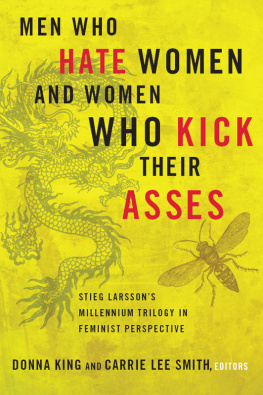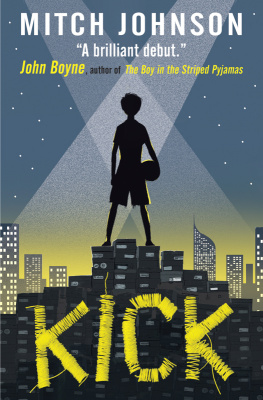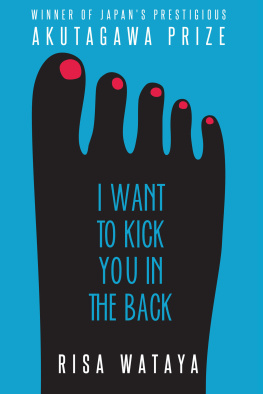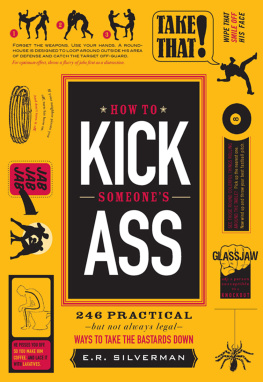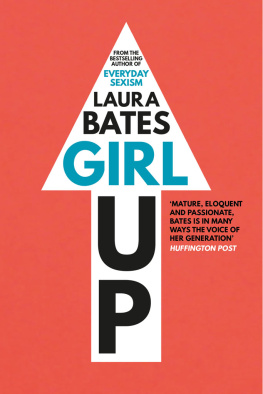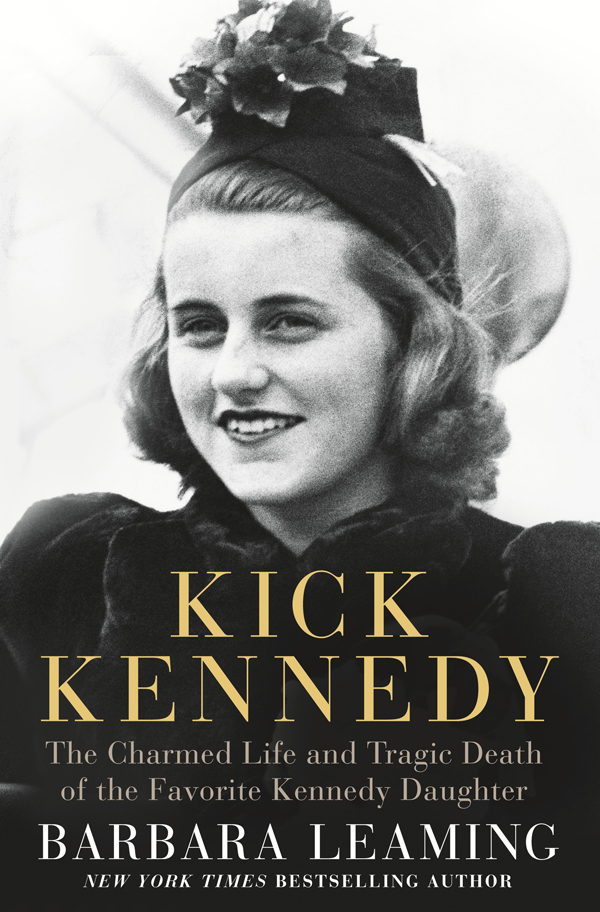Contents
Guide

The author and publisher have provided this e-book to you for your personal use only. You may not make this e-book publicly available in any way. Copyright infringement is against the law. If you believe the copy of this e-book you are reading infringes on the authors copyright, please notify the publisher at: us.macmillanusa.com/piracy.
Outside, the moorlands were sheathed in darkness, the vast acreage of the park empty save for animals roaming in the night. Inside the golden stone palace, we two were alone together in a library crammed with well-loved books, tables littered with strange and often precious objects, and a long scarlet sofa bearing the traces of many naps by its owner. It was nearly midnight. It had been an intense evening, full of wide-ranging conversation, which had ended with a drive through the floodlit gardens surrounding the house.
Now, for a long moment, the two of us sat in silence in the low light of the room. Two leather chairs had been pulled round to face each other. The hands of the tall, emaciated figure sitting opposite me played nervously over the handle of his walking stick, before he put it aside.
At the age of eighty-two he was crippled with arthritis, and the hour in the damp just now had visibly pained him. But he had made it clear that he was not ready for the night to end. He had ushered me into this room and closed the door as if to indicate that there was some purpose not yet fulfilled.
The silence suddenly seemed loud, and then, without warning, one long, bony hand reached out and grabbed my wrist with shocking strength, and the old, nearly blind duke began to tell me a story.
* * *
I fancied her. I wanted to claim her for myself. This was how the duke began his tale.
She was just starting down the stairs when he saw her first. He had been standing at the bottom of the steps with the other boys. They were all impatiently waiting in the Great Hall for the girls to come down from their rooms and join them for dinner.
It was Friday evening, April 15, 1938, at Cliveden, the Italianate palace on the River Thames, in Buckinghamshire, owned by Lord and Lady Astor. Usually, house parties there were mixed affairs comprised of adults and young people, but on the present occasion, Easter weekend, it was exclusively the friends of the Astors two youngest sons, Jakie and Michael, who had been asked to stay, though various adults would arrive for meals.
Lord Andrew Cavendish, eighteen-year-old grandson of the 9th Duke of Devonshire, suddenly broke off from the assembled group. Long, skinny arms and legs flying, a messy mop of hair flopping over his forehead, Andrew darted up the stairs toward the petite figure who had just appeared. He had spotted something about her that, he later insisted, he simply had never encountered in a girl previously. The moment she made her entrance, it was as if there was no one else in the cavernous room.
Every eye had turned to herbut it was only Andrew who had acted.
He was used to being aggressive. Indeed, by rights he should not even have been included in a house party, since he was not only the youngest of the boys, but also the only one of the group who had yet to matriculate at university. He was laughingly referred to by some as the boy who couldnt wait to grow up. A year earlier he had begun to insinuate himself at parties to which his older brother had been invited.
Andrews charm, wit, and exuberance made it impossible for most people to resist his efforts to be included. His constipated older brother, as Jakie Astor jestingly and not a little cruelly described William, Earl of Burlington, most certainly did resist, however. Billy Burlington, as he was known, was frequently made miserable by Andrews intrusive presence, and he often took it upon himself to check what he saw as the second sons rambunctious behavior. But Billy, aged twenty, was not present on this particular weekend, for the boisterous tone at Cliveden was decidedly not to his taste. More often than not, he pointedly avoided the scene there.
Tonight, therefore, Andrew was most happily on his own. There was no restraining hand to prevent him from dashing up those stairs. The girl he was rushing toward was, if truth be told, actually quite plain in appearance. Her hair was a shade of mousy brown and verged on being frizzy. Her shoulders were also unfortunate, set much too high, and her neck was far too short. In height, she was not quite five feet three, and her figure was, at that point anyway, on the lumpy side. The British girls much envied their American counterparts long, shapely legs. Yet, as would later become apparent, this particular American girl was obsessed with the conviction that her legsAmerican though they undeniably werewere too heavy.
Andrew would long remember that his opening gambit had been to say something funny to her (though he could not recall exactly what), and that her buoyant laughter had instantly made one forget her physical flaws.
All he had been able to think of, he later said, was that he had never before seen a girl who radiated such vitality.
Her name, when Andrew got that far, was Kathleen Kennedy, but she said that everyone called her Kick, and from then on she was never anything but Kick to those who encountered her in England. She was, Andrew had realized by this time, the eighteen-year-old daughter of the newly arrived U.S. Ambassador to the Court of St Jamess. Joseph P. Kennedy Sr. had descended upon London with an unprecedented blast of self-generated publicity. The diplomat had offered up stories centered not merely upon himself but upon the fact that he and his wife, Rose, were the parents of nine children. To date, however, only Kick and the four youngest had arrived in England. Since at this point Kick was the only one of the offspring who was of an age to partake in London social life, a good deal of the early publicity had concentrated on her.
Kick had traveled to London with a purpose. When her father was appointed to the ambassadorship by President Franklin D. Roosevelt, both parents decided to arrange for her to be presented at Court, in conjunction with the London Season. The Season consisted of a round of parties, dinners, and dances that took place each spring and early summer, as the debutantes were brought out in a matrimonial market designed to secure them suitable husbands. Such were the young men who, with startling rapidity, would guide them from the cosseted isolation of country houses in England or Scotland to their new lives as married women.
Kick, however, was decidedly not in London in search of a marriage partner. There was no intention on the Kennedys part to emulate wealthy Americans of the past who, with the objective of securing a title for their daughters, had married them off to impoverished peers. Kick planned to stay in England for no more than six months before returning to the U.S., where her London debut would add luster to this granddaughter of a Boston-Irish saloon keeper as she looked for an American husbanda Roman Catholic, of course, though one with a higher social status than that enjoyed by her parents. Indeed, at the time Kick left the U.S. for Britain, she had been in the process of being courted by precisely one such fellow, J. Peter Grace, the twenty-five-year-old heir to the W. R. Grace fortune, who meant to propose to Ambassador Kennedys daughter the following year.
In any case, the London Season had been about to begin in earnest when Kick received an invitation to Cliveden. Nancy Astor, who was herself an American, liked to take care of compatriots who found themselves, as she had once been, strangers to a world so different from their own. No sooner had Lady Astor met the new American ambassador at a dinner party in London than she had proposed including his daughter in the Easter weekend festivities.


